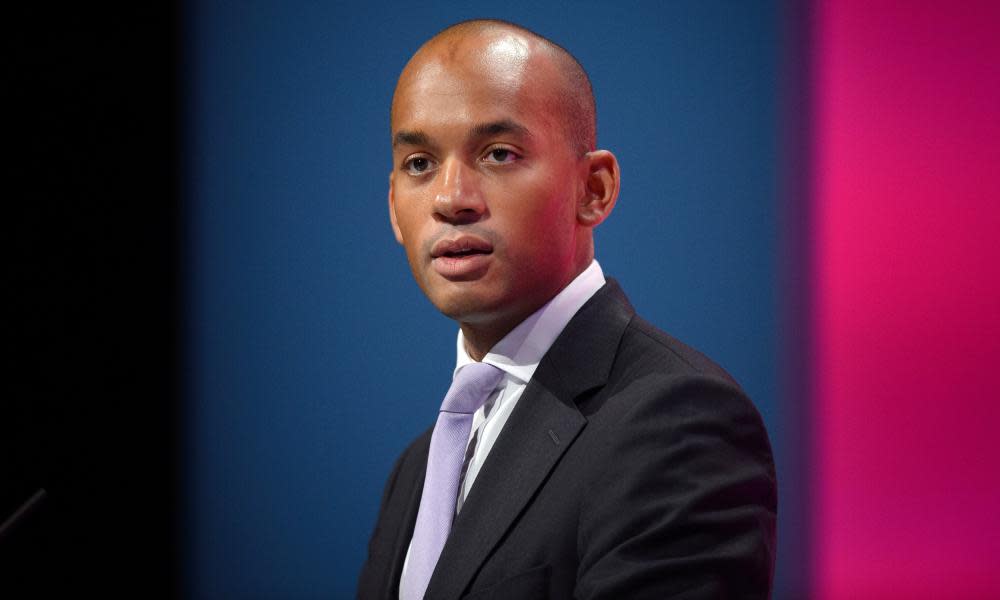May faces rebellion over Brexit as MPs call for vote and transition deal

Theresa May could face significant defeats over Brexit as Tory rebels agree to coalesce around amendments to give MPs a binding vote on the final deal and to delay Britain’s exit from the EU if a transition period is not agreed.
The government is urgently trying to quell a potential rebellion after the scale of cross-bench cooperation over the EU withdrawal bill intensified, with newer MPs called in for meetings with chief whip Gavin Williamson.
Those involved said that the government’s decision to delay the next stage of the bill by at least a week had simply provided more time for their operation, with discussions across parties intensifying on Monday. One Cabinet minister added that concessions were likely.
The interest in both a final vote and transition are the most significant for the prime minister as they could hamper her ability to complete the Brexit process by the spring of 2019.
Sources told the Guardian that politicians across parties have now agreed to rally around an amendment led by the former Tory attorney general, Dominic Grieve, which would require an act of parliament to formally enact Brexit.
The amendment, which has been signed by eight Tories as well as several Labour and Lib Dem MPs, was seen as most specific in its wording. It would in effect provide MPs with a binding vote on the final deal.
On transition, a number of Conservative politicians told the Guardian they were minded to back an amendment led by their colleague Ken Clarke and Labour’s Chris Leslie. It says that May’s Florence speech request for a two-year implementation period should be added to the face of the bill.
That would mean that if the government failed to agree a transition period, then “exit day” from the EU would not be triggered as planned in the spring of 2019.
The former Conservative cabinet minister, Nicky Morgan, said support for amendments from Tories was about MPs “genuinely wanting ministers to address these issues” and she hoped the government would enter discussions in that spirit.
Much of the co-ordination is being organised through an all-party parliamentary group on EU relations, which helped to ensure the election of soft Brexit MPs to lead key select committees, including Morgan at the Treasury and Tom Tugendhat at foreign affairs.
The group, co-chaired by Labour’s Chuka Umunna and the Conservatives’ Anna Soubry, claims to have several hundred parliamentarians in support, with around a third of MPs receiving its briefings.
It has also appointed a team of organisers in the House of Lords including former Labour and Tory ministers, Andrew Adonis and Ros Altmann, as well as the author of article 50, Lord Kerr, the Lib Dem, Sharon Bowles and former leader of Plaid Cymru, Dafydd Wigley.
“The government behaves at times as if parliament’s job is to behave like some lap dog and simply rubber-stamp major changes to our country’s constitution and relationship with the EU proposed by the executive. That is simply not going to happen on Brexit,” said Umunna.
“Members from across the house are working across party lines in the national interest to ensure we do not jump off a cliff and withdraw from the EU in a job-destroying way.”
A handful of Labour Brexiters and the backing of the DUP mean that May’s working majority on Brexit is over 30, but a number of these amendments have been backed by Tories – with many wondering how influential Ruth Davidson could be, and whether the Tories’ Scottish MPs could rebel.
Another key area relates to the Scottish and Welsh parliaments. One amendment, co-signed by the SNP’s Stephen Gethin, Labour’s Stephen Doughty and Ian Murray, as well as Plaid Cymru, Lib Dem and Green politicians, is aimed at protecting the devolution settlements for the two nations.
The Brexit secretary, David Davis, is understood to have told a meeting of the joint ministerial committee that he was thinking carefully about the implications of the withdrawal bill and the proposed amendments.
Both the Scottish and Welsh sides made clear that the bill’s clause 11, which deals with devolution, is a red line which they will not allow to pass through Holyrood or the Welsh Assembly unless it is amended.
Other areas that could place pressure on the government include the use of so-called Henry VIII powers, which a cabinet minister admitted was likely to result in concessions on environmental protections and Euratom.
Key to the operation is finding backbench amendments, as Tory MPs are unwilling to swing behind any formal Labour amendments that could be seen as them supporting Jeremy Corbyn. The Greens, SNP and Plaid Cymru are all actively involved but in order to succeed the groups will also need the backing of Labour’s frontbench.
Doughty, the MP for Cardiff South and Penarth, told the Guardian that there was a “growing sense of crisis around the bill” from ministers. “The government is clearly running scared of parliament and its own backbenchers. They need to urgently listen to serious concerns not only by parliament but public as increasing doubts about approach.”

 Yahoo News
Yahoo News 
